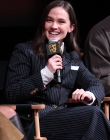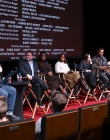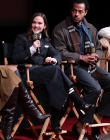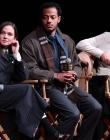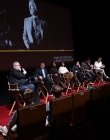Welcome to Cailee Spaeny Fan, the latest online resource dedicated to the talented actress and singer Cailee Spaeny. Cailee has been in films like "Bad Times at the El Royale", "On the Basis of Sex", "Pacific Rim Uprising", "Vice", "The Craft Legacy" & "How It Ends". She has also been in TV Shows like "Devs" and "Mare of Easttown". This site is online to show our support to the actress and singer Cailee Spaeny, as well as giving her fans a chance to get the latest news and images.
